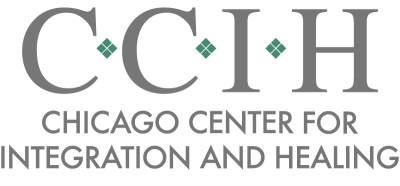
The Complex World of Trauma, Part I & Part II
This workshop is offered as a whole day 6-hour workshop, or can also be offered in two 3-hour segments.
Part 1 is an introduction to the theory of Complex Trauma (CPTSD). Part 2 allows for more clinical examples and conversation.
Whether they specialize in it or not, all therapists will encounter complex trauma in their practice.
According to the CDC 1 in 7 children in the United States suffered abuse or neglect in the past year, most often at the hands of those who are supposed to love and care for them. Though we have no official DSM diagnosis for the consequences of early harm, its prevalence means that it is essential that therapists be able to competently assess for and treat complex trauma.
Complex trauma may show up in our offices in the form of clients who are experiencing relationship difficulties, feeling a lack of interest in the world, struggling to keep a job, or feeling like life isn’t worth living. Its treatment requires that therapists address not only the wound that was suffered, but also the strategies that folks have developed in order to survive.
Complex trauma also touches our own experience, history, and feelings about suffering in the world, which can be overwhelming. This means that it is essential that mental health practitioners have adequate support and resources in their work.
In this workshop, we will explore all of this complexity together, from both from a theoretical perspective and a sense of what it is like to be on the journey with someone for whom trauma has shaped their experience of the world.
In this workshop we will:
- Define Complex Trauma and how it shows up in clinical practice
- Explore the neurobiological basics of trauma informed care
- Introduction to dissociation as a coping strategy
- Identify the clinical skills and personal resources needed to treat complex trauma and dissociation
- Discuss working with attachment wounding and how it shows up in the therapeutic relationship
- Learn present centered approaches to working with complex trauma
Reach Out Today!
For more details, or to schedule an individual consultation or group training, fill out the form below or reach out to Amy Zajakowski Uhll by email or phone at 773-754-7441, ext. 2011. We look forward to working with you!
